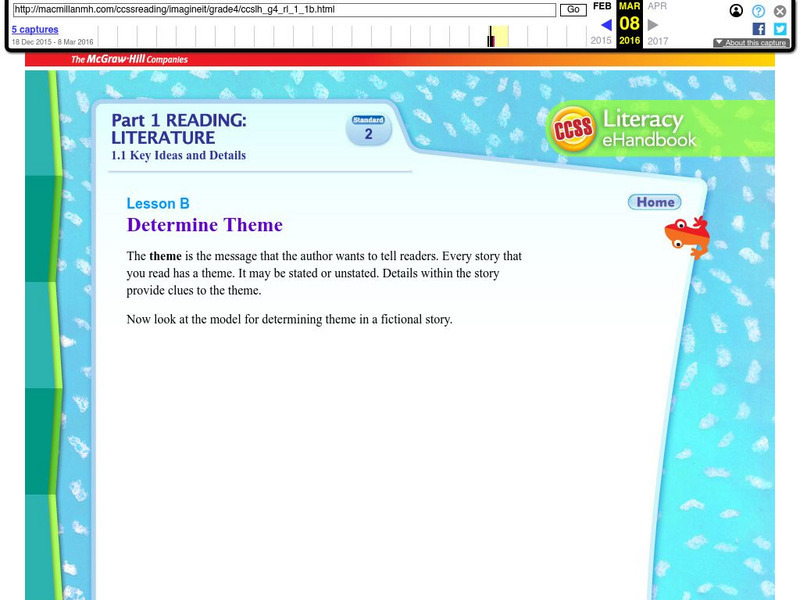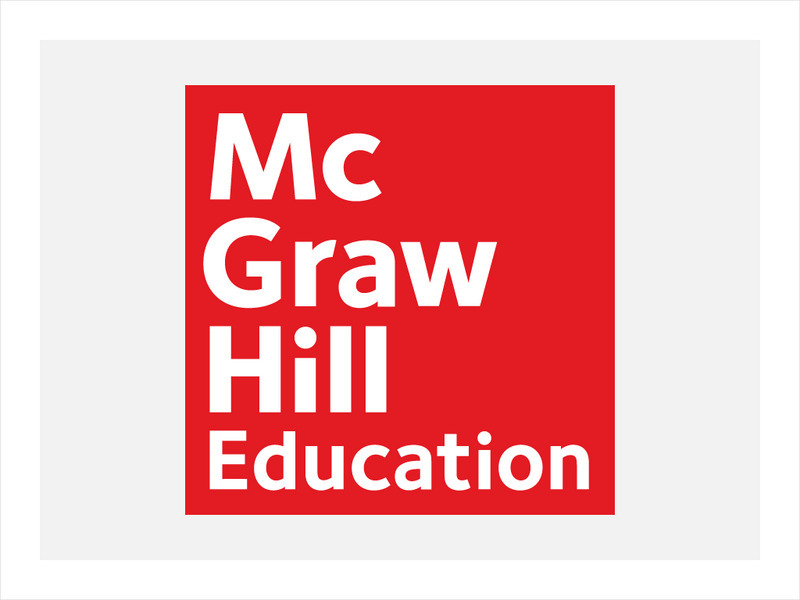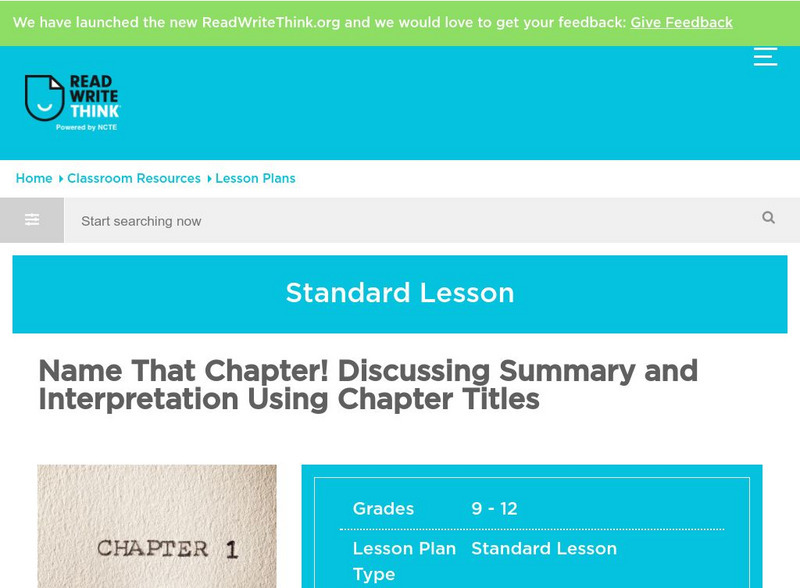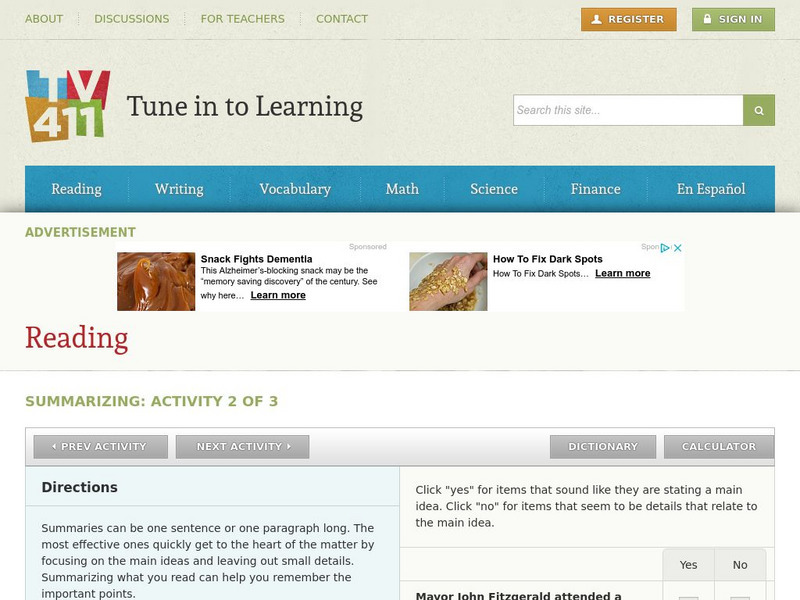Hi, what do you want to do?
Polk Brothers Foundation Center for Urban Education at DePaul University
De Paul University: Center for Urban Education: Traveling West [Pdf]
"Traveling West" is a one page, nonfiction, reading passage about the difficult journey west for pioneers traveling in wagon trains and how the railroad made traveling west much easier and faster. It is followed by questions which...
Polk Brothers Foundation Center for Urban Education at DePaul University
De Paul University: Center for Urban Education: Today's Telephone [Pdf]
"Today's Telephone" is a one page, nonfiction, reading passage about the history of the telephone from the telegraph to land-lines, to cell phones. It is followed by questions which require students to provide evidence from the story; it...
Polk Brothers Foundation Center for Urban Education at DePaul University
De Paul University: Center for Urban Education: Transportation Changes [Pdf]
"Transportation Changes" is a one page, nonfiction, reading passage about the history of transportation by land and by sea. It is followed by questions which require students to provide evidence from the story; it includes: determining...
Polk Brothers Foundation Center for Urban Education at DePaul University
De Paul University: Center for Urban Education: Why Is Community Service Important? [Pdf]
"Why is Community Service Important?" is a one page, nonfiction, reading passage is part of a report that the Obama-Biden campaign prepared about service and volunteering. It is followed by questions which require students to provide...
McGraw Hill
Mc Graw Hill: Part 1 Reading: Literature: Determine Theme
Learn how to determine a theme of a story on this site. Click on model at the bottom right and continue through lesson.
E Reading Worksheets
E Reading Worksheets: Summarizing Worksheets and Activities
In this instructional resource, students will learn more about summarizing texts. Worksheets and PowerPoint lessons are provided to reinforce understanding about ways to summarize nonfiction texts and to identify main ideas. This module...
Wisconsin Response to Intervention Center
Wisconsin Rt I Center: Column Notes [Pdf]
Teachers will learn about the Column Notes graphic organizer, a tool that will help students analyze and synthesize what is viewed read, viewed, or heard. Reproducible Column Notes are provided.
Rick Beach
Teaching Literature to Adolescents, 2nd Edition: Leading Student Responses
The textbook entitled Teaching Literature to Adolescents, 2nd Edition contains activities for Chapter 5 reflection. Intended for high school teachers, this site contains activities that will extend the content from the Chapter 5. Focus...
Curated OER
Mc Graw Hill: Part 2 Reading: Determine Main Idea and Supporting Details: Model
An example to guide students in choosing the main idea and supporting details. Click Practice for a practice quiz.
Polk Brothers Foundation Center for Urban Education at DePaul University
De Paul University: Center for Urban Education: I Can Analyze a Story or History [Pdf]
This graphic organizer can be used to help students analyze a story or a historical event. Students will look closely at the story's characters or people involved in the historical event. Then they will summarize the story or event, and...
Polk Brothers Foundation Center for Urban Education at DePaul University
De Paul University: Center for Urban Education: Read to Learn, Share What You Learn [Pdf]
Several tips for reading to learn are provided on this page. Students will explore the BIG idea presented in a nonfiction piece.
Education Development Center
Tv411: Summarizing
This activity asks students to read short paragraphs and select the statement that best summarizes each paragraph. It is part of a larger reading unit.
Curated OER
Mc Graw Hill: Part 1 Reading: Literature: Determine Theme
Determine the theme of a story with this reading activity. See the model and then practice identifying the theme.
McGraw Hill
Mc Graw Hill: Informational Text: Determine Central Idea and Supporting Details
To understand a text, you must understand the central idea of the story. Learn how to recognize the central idea and supporting details with this article. Click the links at bottom right.
Other
Mo Dept. Of Ed.: Analyzing and Evaluating Literary Works
Lesson plan designed for eleventh graders. Students analyze and evaluate a short story for elements of literary works such as theme, mood, word choice, imagery, tone, and main idea. Includes a student handout and a scoring guide. It...
Other
Frontier Central School District: Determining the Theme of a Literary Work [Pdf]
Guidance and exercises for finding the theme of a literary work, including a list of commonly seen universal themes.
Florida Center for Reading Research
Florida Center for Reading Research: Expository Fact Strip [Pdf]
A lesson plan in which students read a text and identify the topic and four facts presented within the text. Materials are included.
ReadWriteThink
Read Write Think: Nonfiction Pyramid
A printable pyramid for use with nonfiction texts while students identify the main ideas and supporting details within a text. Students also determine author's purpose and key vocabulary words. Directions on how to use this type of...
ReadWriteThink
Read Write Think: Power Notes
A printable note-taking format where students create an outline by assigning powers to the main idea and supporting details. Directions on how to use this type of rubric as well as lists of teaching ideas and related resources are also...
ReadWriteThink
Read Write Think: Name That Chapter! Discussing Summary and Interpretation
Students name unnamed chapters in a novel they are reading. They discuss possible chapter names considering accuracy, word choice, and connotation, before settling on a choice.
Quia
Quia: Literary Terms Quiz
In this self-scoring practice activity, students read four passages and select the main idea of each.
Other
Mt. San Antonio College: Finding the Main Idea
Learn about the main idea and get tips on how to find it. After practicing with several short texts, learn how to answer different types of questions about main idea and practice each type.
Other
Palm Beach State College: Supporting Details Tutor Hints
A PDF giving notes and examples on major and minor supporting details and showing how they support the main idea of a text.
Education Development Center
Tv411: Summarizing Activity 2
This activity asks students to differentiate between main ideas and supporting details.





![De Paul University: Center for Urban Education: Traveling West [Pdf] Unit Plan De Paul University: Center for Urban Education: Traveling West [Pdf] Unit Plan](https://static.lp.lexp.cloud/images/attachment_defaults/resource/large/FPO-knovation.png)





![Florida Center for Reading Research: Expository Fact Strip [Pdf] Lesson Plan Florida Center for Reading Research: Expository Fact Strip [Pdf] Lesson Plan](https://content.lessonplanet.com/knovation/original/101726-6e9433c83ac2e2bbad9c1c7411098251.jpg?1661786954)





